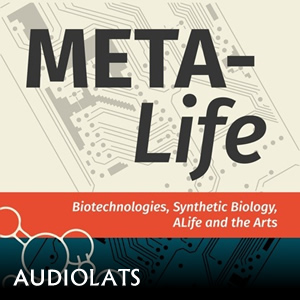
Especialização
Bio
Dominique Lestel tem vindo a desenvolver há vários anos como um “etologia filosófica” que explora a forma como o ser humano é constituído através de sua vida compartilhada com o outro do que (animais, plantas, fungos, artefatos e fantasmas quase autônomas) humanos. Nesta perspectiva, ele estuda as dimensões metafísicas, epistemológicas, éticas, epistemológicas, estético, ecológico e político vivo de frente para a convergência de tecnologias NBTIC (nanotecnologia, biotecnologia, tecnologia da informação e cognição). Metodologicamente, ele tenta praticar uma “campo da filosofia” que leva o filósofo se comprometer com o mundo (e dirigiu Amazon um programa de pesquisa vida compartilhada com o animal em Teko ameríndios (Tupi Guarani) com seu colega italiano Egle Barone) – and porosities between philosophical practice and artistic practices of particular interest to him. He also tried to introduce in France the important thinkers who are still there partially or completely unknown as the Norwegian Arne Naess, American Paul Shepard, or the Australian Val Plumwood. Very conscious of the international dimension of contemporary thought, he has held positions in research or teaching in many foreign universities (University of California, MIT, Boston University, School of the Institute of Art of Chicago, University of Montreal , Macquarie University (Sydney), Keio University, Tokyo University, etc.). Before joining the Department of Philosophy, he introduced the teaching of cognitive science at the ENS with the physicist Jean-Pierre Nadal and logician Giuseppe Longo in the 90s and was a founding member of the Department D ‘Cognitive Studies. For several years, until 2013, he was responsible for the team of Eco-ethology and cognitive ethology of the National Museum of Natural History.
 English
English العربية
العربية বাংলা
বাংলা Français
Français Deutsch
Deutsch Bahasa Indonesia
Bahasa Indonesia 日本語
日本語 한국어
한국어 Português
Português Español
Español